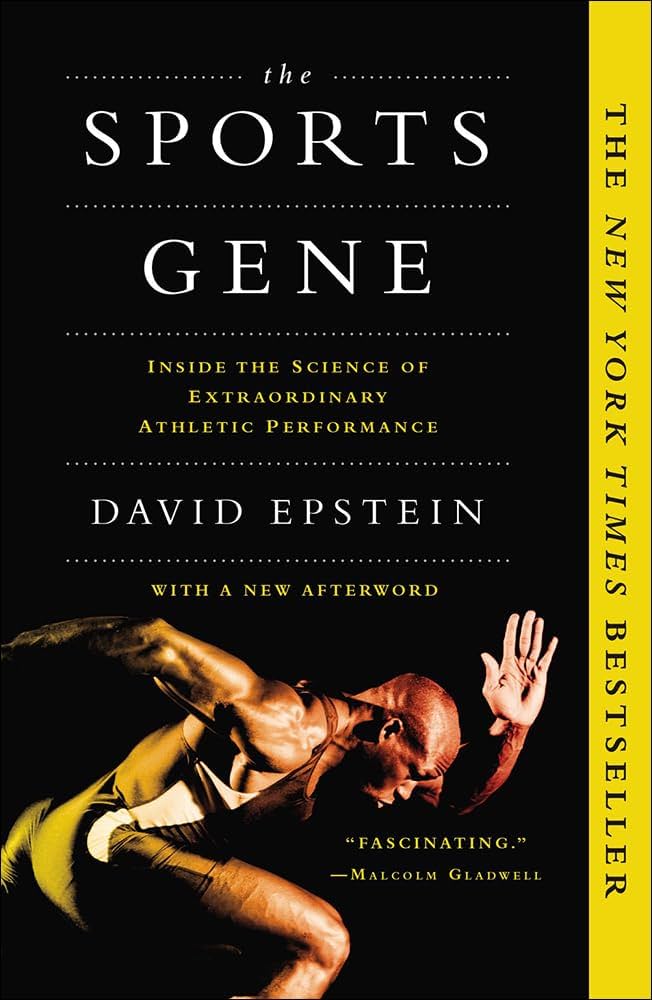In the realm of human endeavors, sport often stands as a towering pillar, celebrated for its ability to forge unity, challenge limits, and inspire greatness. Yet, beneath the gleaming stadiums and the thunderous cheers, sport harbors a more subtle, profound influence—one that transcends the physical realm and delves into the depths of our psyches. This unspoken power of sport is not merely about winning trophies or breaking records; it is about the intangible qualities it nurtures within individuals and societies alike.

At its core, sport teaches resilience. Each athlete, regardless of their discipline, faces moments of doubt, pain, and failure. These trials forge a mental toughness that echoes far beyond the playing field. It is the indomitable spirit of tennis player Novak Djokovic, who overcame personal adversity and injury to reclaim his throne, illustrating how sport can be a crucible for personal transformation. In these instances, sport becomes a microcosm of life, where every setback is an opportunity to rise stronger.
Moreover, sport fosters empathy and understanding in a world increasingly fractured by division. It provides a common ground where competitors from diverse backgrounds can engage in healthy competition, respecting one another’s efforts even as they strive for victory. The Olympic Games, for instance, are a testament to this unity in diversity, as athletes from every corner of the globe converge to celebrate humanity’s shared potential. Through sport, we witness the beauty of different cultures intertwining, promoting a sense of global brotherhood that transcends political borders and ideological differences.
Sport also acts as a catalyst for social change. It has the unique ability to amplify voices that might otherwise be silenced, using its platform to address issues like gender equality, mental health, and social justice. The Women’s Tennis Association’s (WTA) Equal Play initiative, which aims to ensure equal prize money and opportunities for female tennis players, is a prime example of how sport can drive progress. Similarly, athletes like Michael Phelps, who openly discusses his battles with depression, normalize conversations around mental health, encouraging others to seek help without stigma.
Furthermore, sport encourages personal growth by nurturing essential life skills such as teamwork, leadership, and strategic thinking. It teaches individuals how to work towards a common goal, balancing individual effort with collective success. The dynamics within a sports team mirror those in workplaces and communities, fostering environments where collaboration thrives and innovation flourishes.
In conclusion, sport’s true power lies not just in its physical manifestations but in the silent, yet potent, lessons it imparts. It is a force that shapes characters, bridges gaps, and propels societal progress. As we continue to marvel at athletic feats and celebrate victories, let us also recognize and harness the unspoken power of sport—a power that has the capacity to transform lives and build a more cohesive, empathetic world.
















